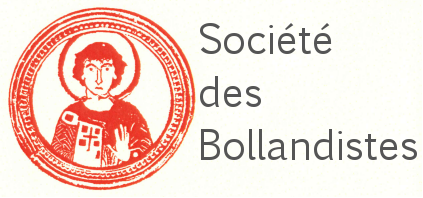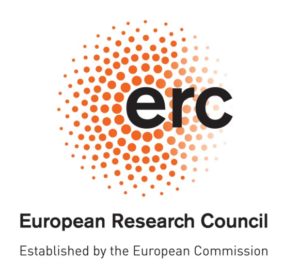Pinakes | Πίνακες
Textes et manuscrits grecs
Résumé :
In 1029, the resident synod of Constantinople, led by Patriarch Alexios the Stoudite, condemned the Jacobite patriarch John VIII bar ʿAbdun as a heretic. This event has been woven into modern narratives of Byzantine persecution and intolerance against the Syrian Miaphysite Christians in the recently conquered eastern territories of the Byzantine Empire, especially the city of Melitene. Building on a recent reevaluation of that prevailing interpretation, the present article reads our key narrative sources for the trial of John bar ʿAbdun as reflecting and constituting competing arguments not only about the Jacobite patriarch’s innocence or guilt, but also, more subtly, about the very terms in which these questions should be framed. It argues that the ethnic and religious categories mentioned in the narratives did not correspond to fixed social groups but rather needed to be mobilized and activated, and that this is an important part of what certain historical actors described by the narratives — and the narratives themselves — were seeking to do. More broadly, the unexpected convergences among the narratives, and unexpected strategies within individual narratives, demonstrate that we must rethink how we narrate the history of medieval ecclesiastical disputes, ethnic and religious communities, and Christian attitudes towards orthodoxy and empire.| Villes | Dépôts | Fonds | Cotes | Type | Commentaire | Tome | Pages |
|---|---|---|---|---|---|---|---|
| Città del Vaticano | Biblioteca Apostolica Vaticana (BAV) | Vat. gr. | 1187 |







